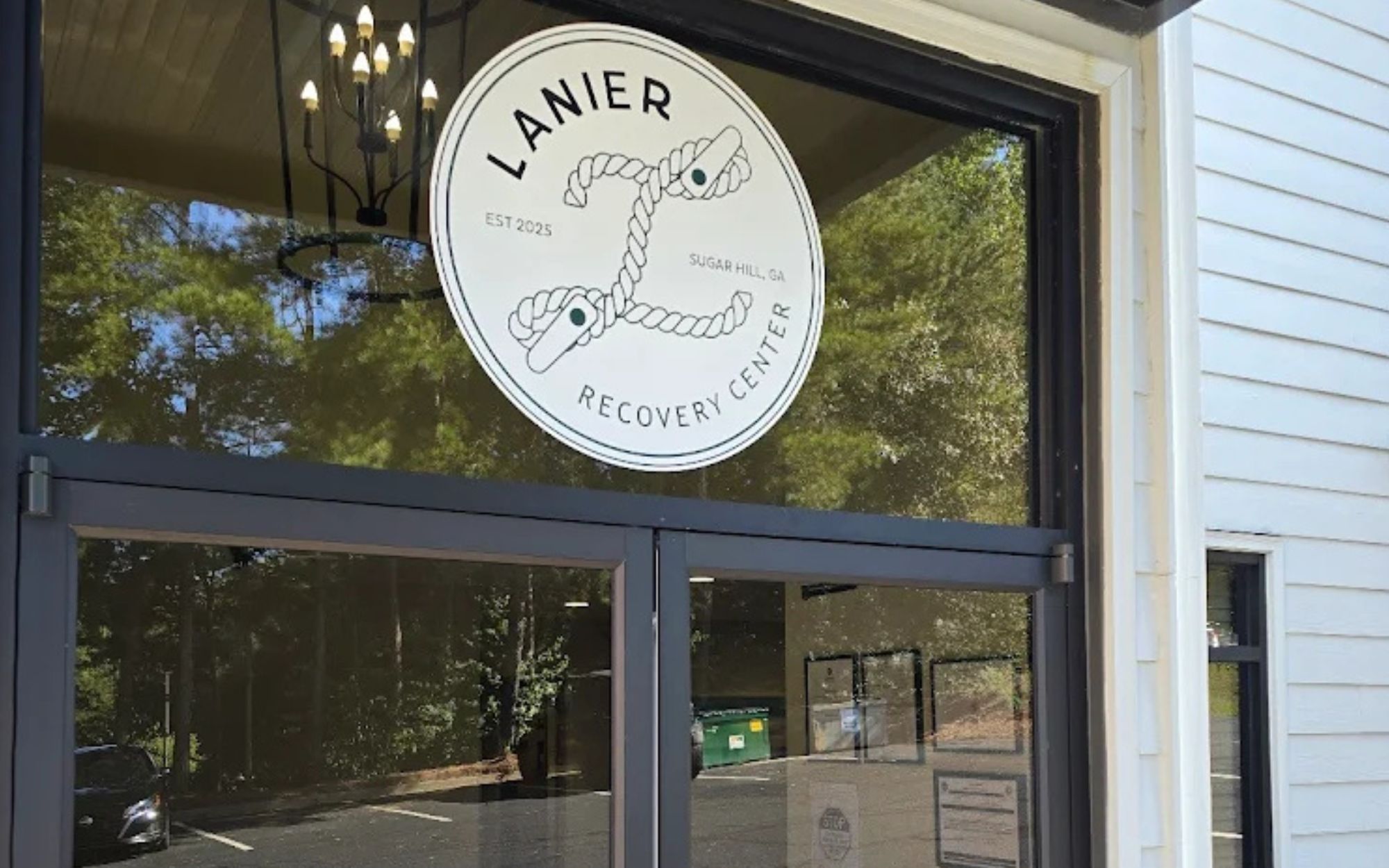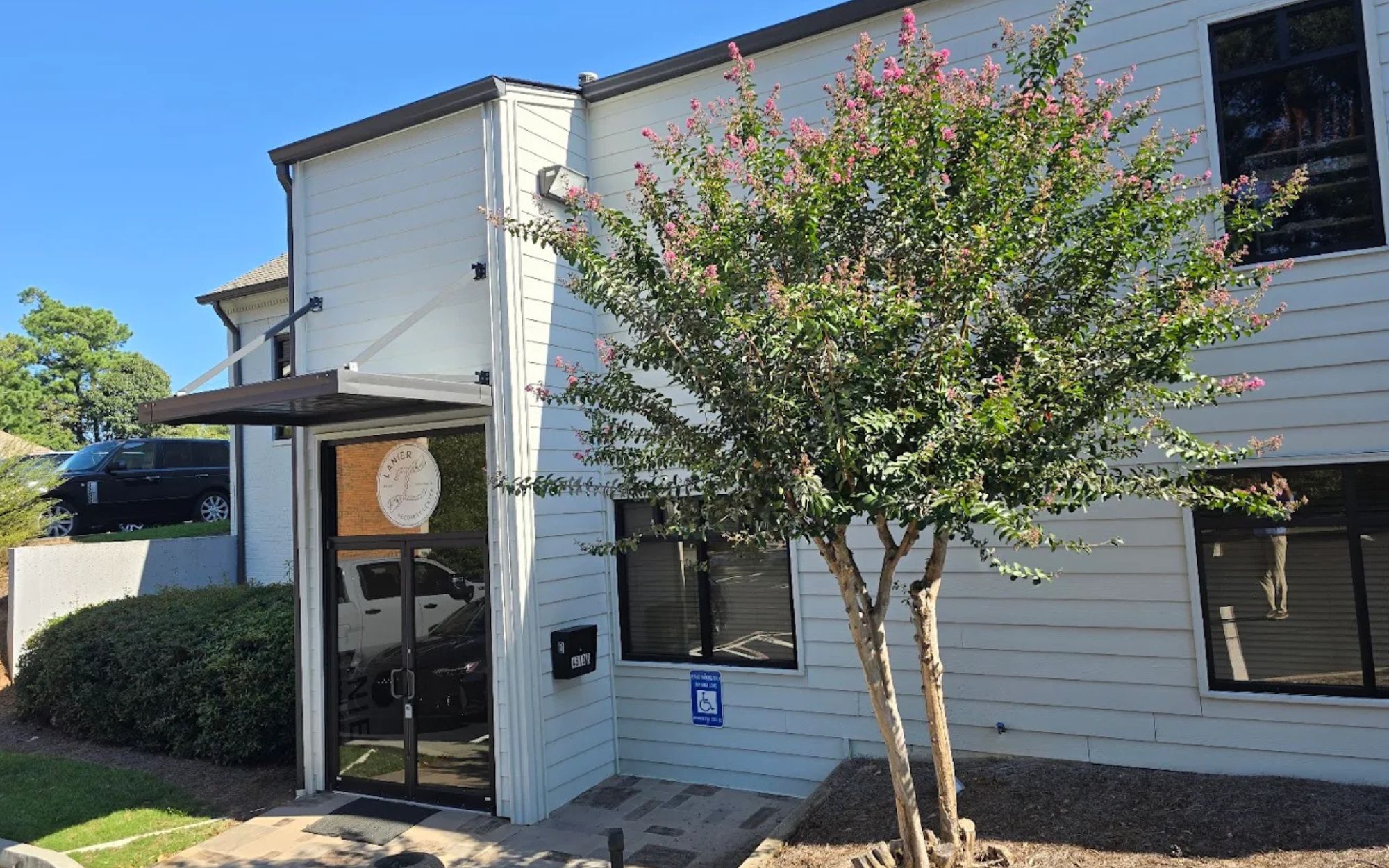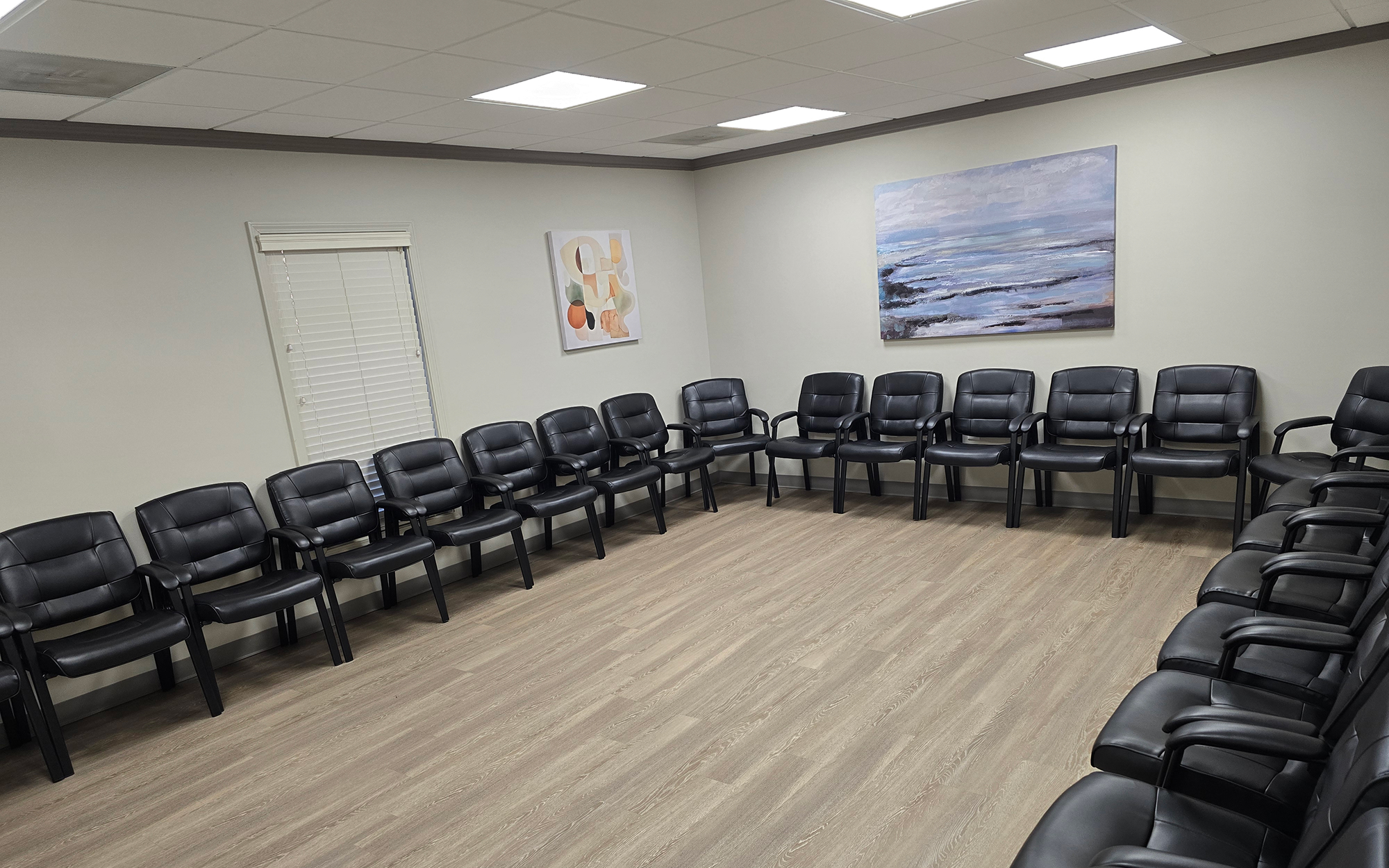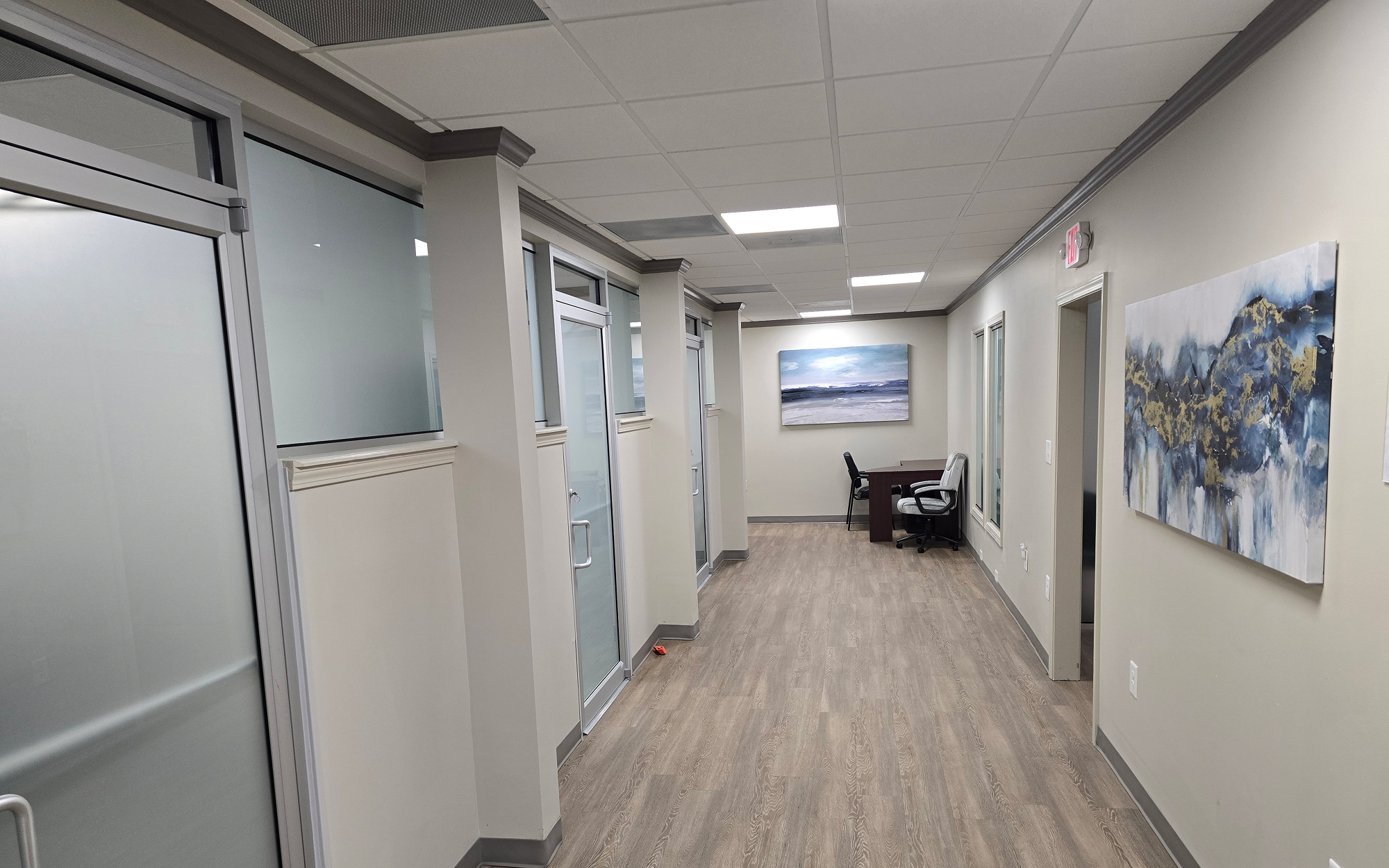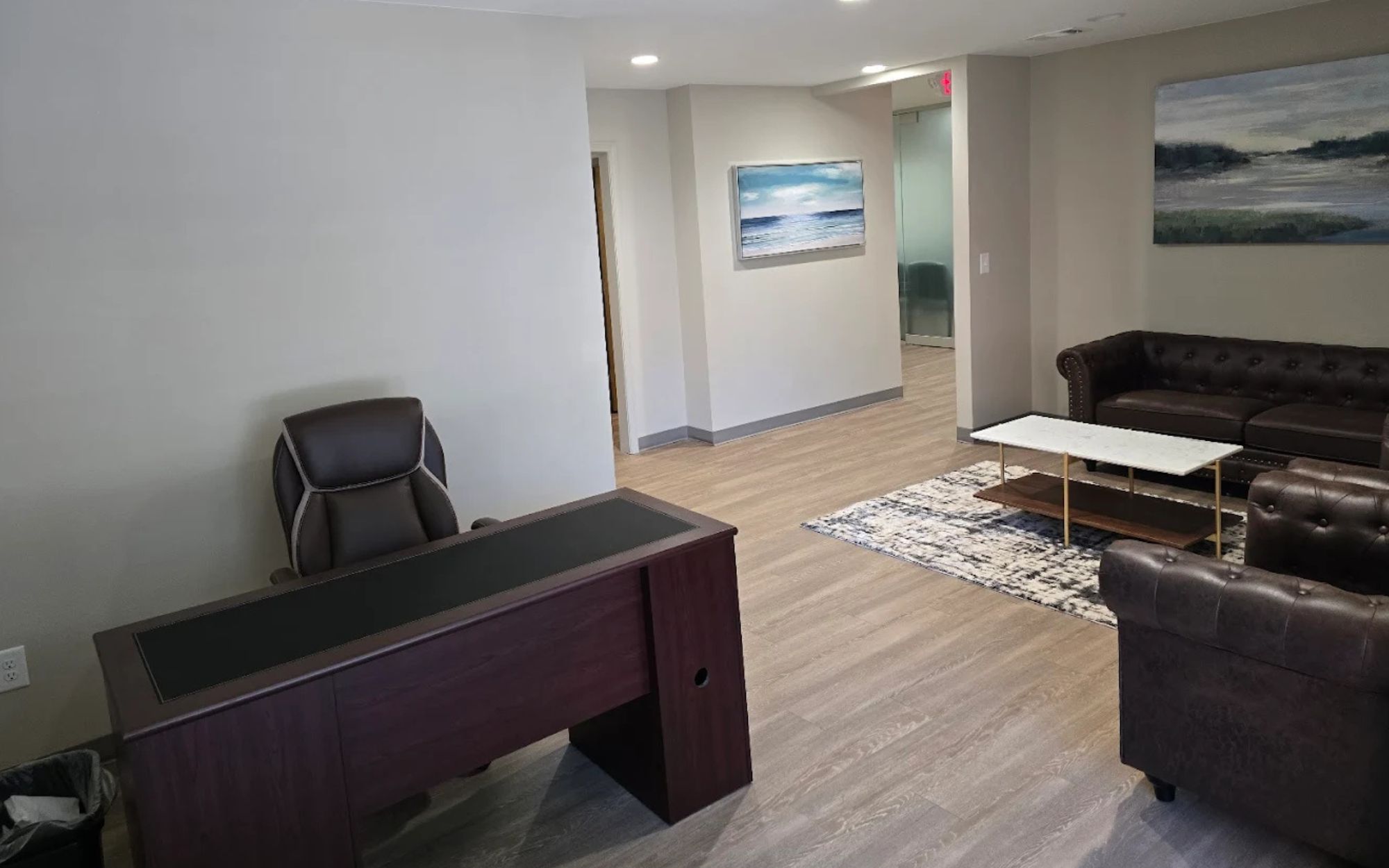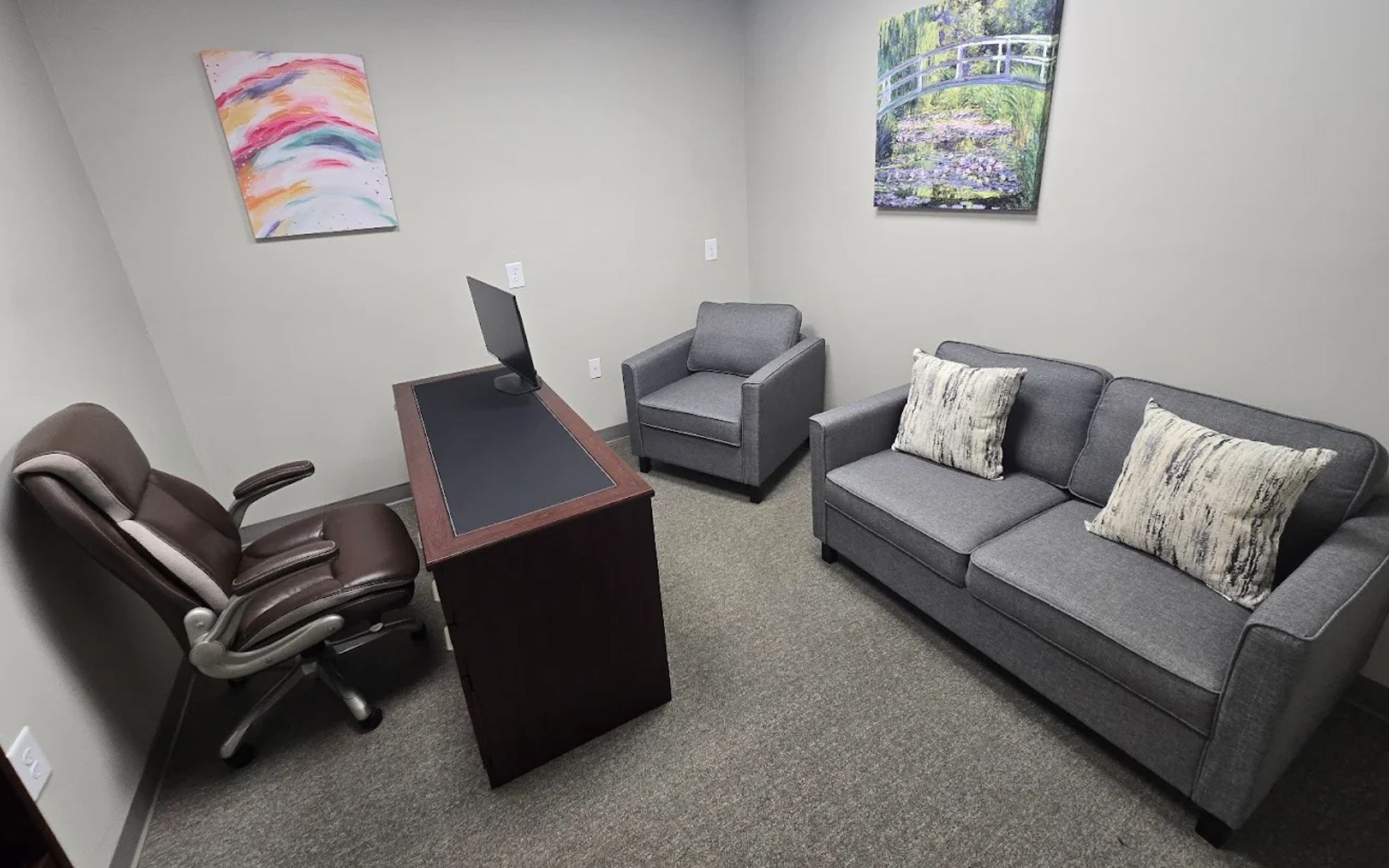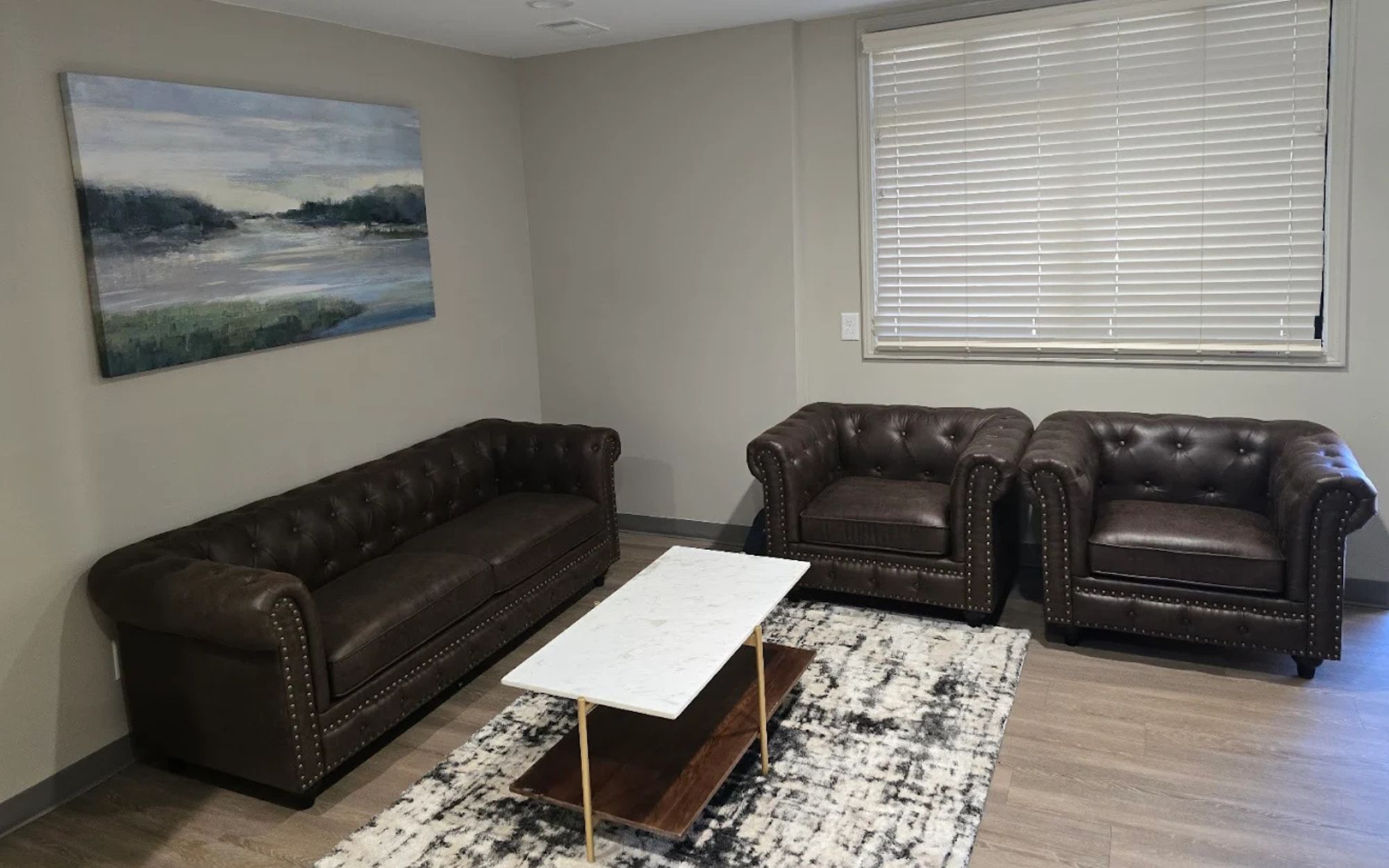
Personalized outpatient care for prescription opiate dependence
Prescription opiates are intended to relieve pain, but they can also lead to powerful physical and psychological dependence. What often starts as a legitimate need after surgery or injury can evolve into daily use, tolerance, and addiction. At Lanier Recovery Center in Atlanta, we specialize in outpatient care for individuals struggling with prescription opiate misuse, offering compassionate, medically-informed treatment tailored to the unique challenges of prescription drug addiction.

